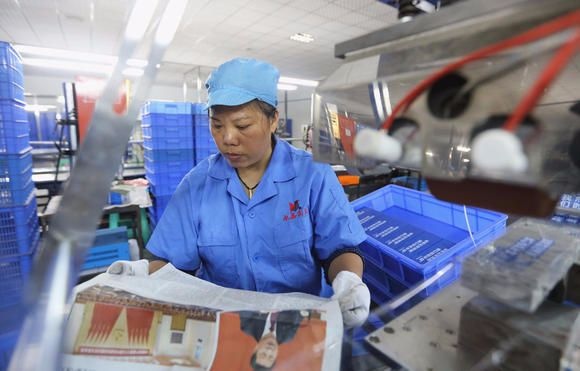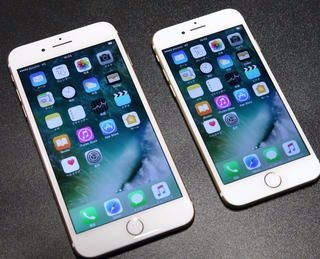
Various news reports have recently suggested that Hon Hai Precision Industry, the Taiwanese contract manufacturer of Apple products, is considering shifting production from China to the U.S. The speculation is nothing new. But this is the first time it has reared its head since Donald Trump won the U.S. presidential election.
The president-elect's campaign-trail threats of slapping heavy tariffs on Chinese exports have brought something new to the equation.
On Nov. 18, the Nikkei Asian Review reported the move from Taipei, citing sources close to the matter. In June, Apple allegedly asked Hon Hai to shift production of the iPhone to the U.S. With the campaign in full swing, the Republican presidential candidate was pulling no punches in his criticism of Apple for outsourcing work to China.
"Made in China" losing ground
Hon Hai is the world's largest electronics manufacturing services company. By making goods for big names like Apple, the company has grown significantly over the years. Though based in Taiwan, Hon Hai in many ways, epitomizes China as the world's factory. The company accounted for around 6% of China's entire trading value around 2011. Earlier this year, it acquired Japanese electronics manufacturer Sharp.

However, due to the rising labor costs, Hon Hai and Apple have reduced their dependence on China and expanded into countries like Brazil and India. Previous rumors about a production transfer to the U.S. were based on similar lines, but never actually materialized because producing in the U.S. would have been too costly. Trump's proposed duties on Chinese goods, however, make the idea seem a lot more realistic.
Even without the proposed tariffs, Chinese-made goods are already becoming less competive in the U.S. "Made in China is disappearing from the U.S. market," one story warned last year. The story has been circulated by Chinese media several times since. The article explained that of seven items of sportswear the reporter bought in the U.S., including brands like Nike and Adidas, only one was made in China. The others were made in Vietnam, Indonesia, Egypt, Bangladesh or Thailand.
The story also claimed electronics companies such Panasonic and Samsung Electronics were intent on leaving China, apparently with some degree of urgency.
From exports to real estate
The image of China as a workshop churning out goods sent all over the globe emerged early this century. By the mid-2000s, exports accounted for 30% of China's gross domestic product. This came in stark contrast to Japan, whose exports accounted for only around 10-15% of GDP at the time.




